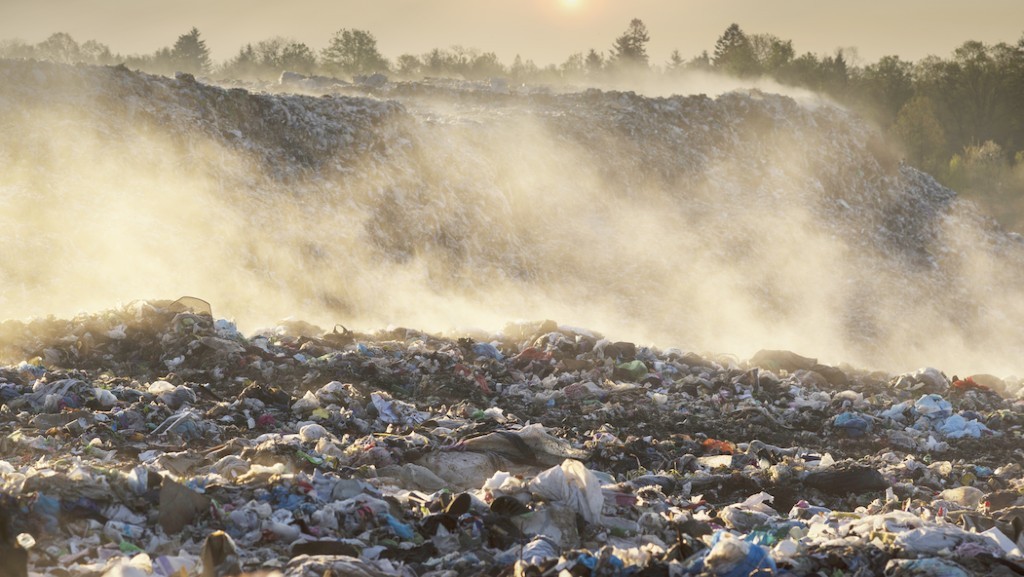Greyparrot aims to revolutionize recycling with waste recognition software
Artificially intelligent solution designed to monitor and sort material in recycling facilities

AI tech startup Greyparrot, which provides waste recognition software designed to monitor and sort waste in recycling facilities, has raised £1.825m in their most recent round of investing.
The company's first product, an Automated Waste Monitoring System, is currently deployed on moving conveyor belts in sorting facilities to measure large waste flows. The system automatically identifies different types of waste, providing composition information and analytics to help facilities increase recycling rates.
This latest round of investment in Greyparrot was led by Speedinvest, an early-stage industrial tech investor, with participation from Force Over Mass. The additional funding will be used to further develop and scale Greyparrot's solution across global markets, setting the company up to "revolutionize the recycling industry with artificial intelligence."
According to Greyparrot, around 60% of the solid waste produced each year ends up in open dumps and landfill, causing major environmental impact, and the trade-off between economic viability and recycling rates leads to low recycling levels of 14% globally. This is partly due to inefficient recycling systems, rising labour costs and strict quality requirements imposed on recycled material.
Greyparrot launched in 2019, at a time when the waste management industry was on the cusp of its biggest transformation. Regulation banning waste exports to China and the introduction of strict recycling targets caused an urgent need to recycle locally and much more efficiently. Alongside this, the BBC TV series ‘Blue Planet' gave rise to consumer concerns over climate change and saw producers setting ambitious zero-waste-to-landfill goals.
"One of the key problems we are solving is the lack of data," said Mikela Druckman, Co-founder & CEO of Greyparrot. "We see increasing demand from consumers, brands, governments and waste managers for better insights to transition to a more circular economy. There is an urgent opportunity to optimize waste management with further digitization and automation using deep learning."
Currently, less than 1% of waste is monitored and audited. This expensive manual process is difficult to scale and provides little insight into facilities. Working with key players in the industry, real-time analysis on 100% of waste flows is increasing the efficiency of recycling plants, giving quality guarantee to buyers and mitigating against risk.
Greyparrot's focus on building cutting-edge software while adopting affordable hardware makes its solution ideal for large-scale deployment even in emerging markets. The company also has an advantage in being hardware agnostic, providing intelligent software which can be customized and integrated with hardware across multiple use cases. This model gives further flexibility and scalability to its customers.
The company is already collaborating with suppliers of next-gen systems such as smart bins and sorting robots, and recently partnered with the largest recycling system integrator in South Korea, ACI. This company designs, builds and maintains 60% of the country's government-owned Material Recovery Facilities (MRFs) and Mechanical Biological Treatment Facilities (MBT).
Greyparrot says their team has a track record of building world-leading recognition systems. The founders Mikela Druckman, Ambarish Mitra, Nikola Sivacki and Marco Paladini set out to solve a business challenge that creates positive social impact. The result is an AI startup using deep learning and machine vision to bring waste management into the 21st century.


